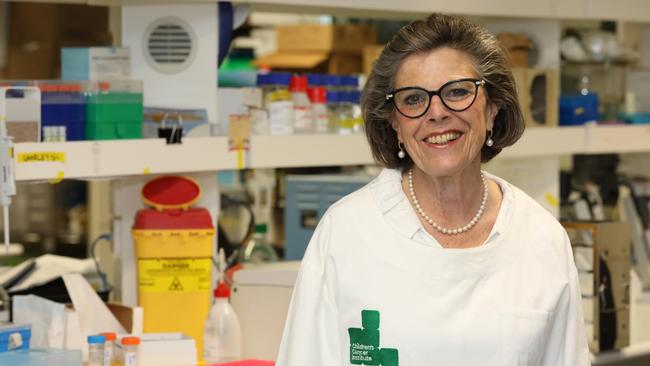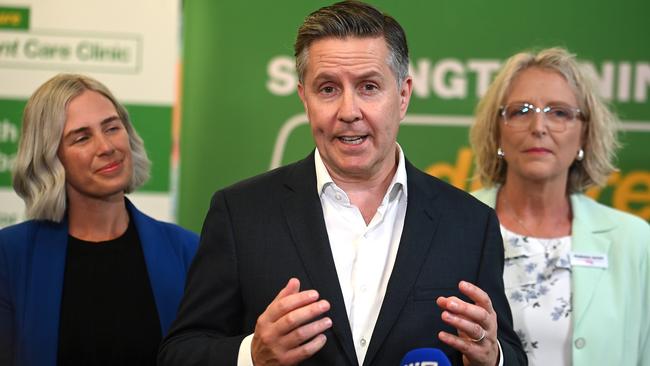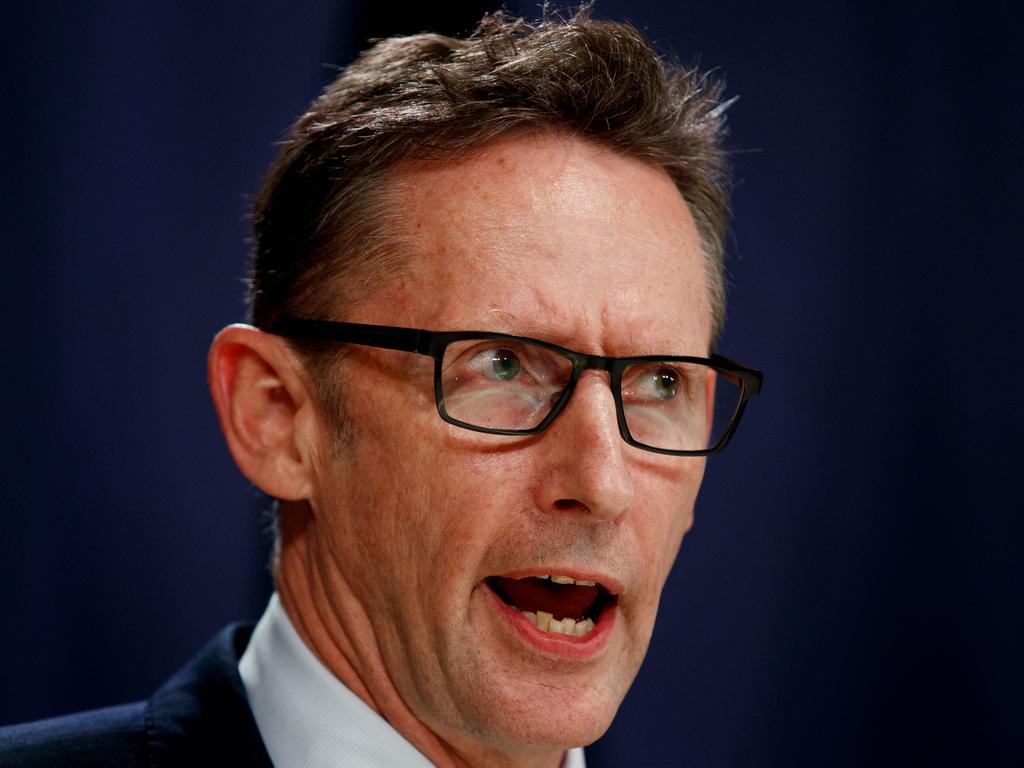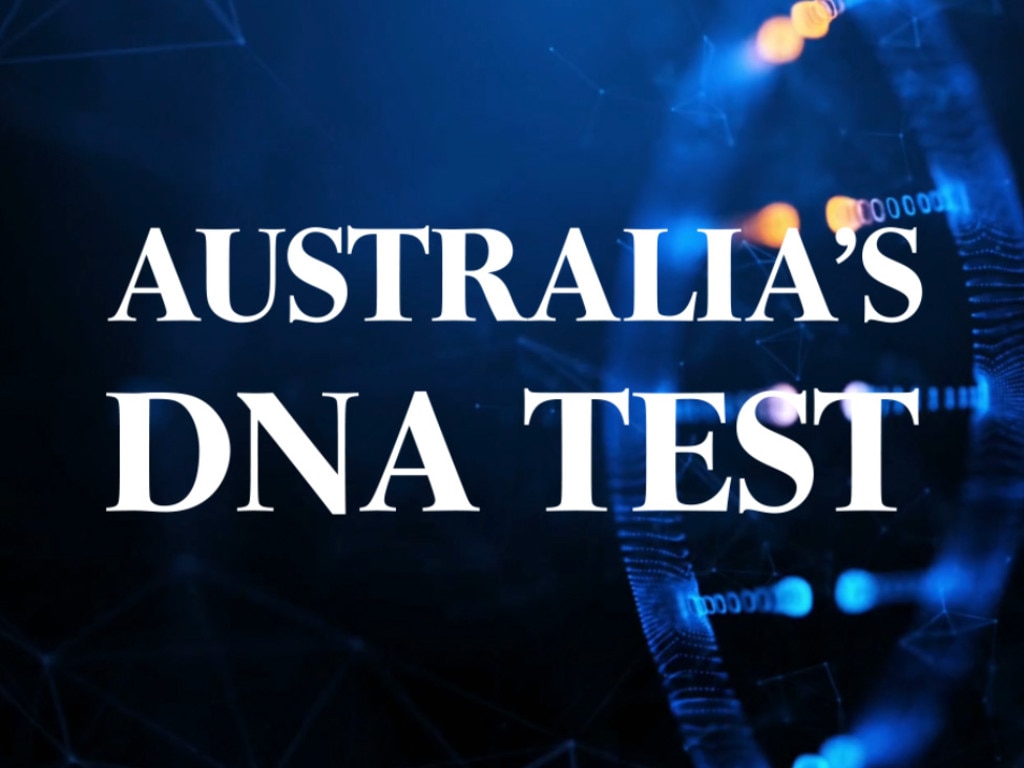‘Nowhere else in the world’: Labor pushes rare cancer research
Health Minister Mark Butler says the investment will be a ‘game-changer in cancer care’, targeting pioneering research in genetic testing of tumour samples for rare cancers.

The Albanese government has announced the latest in its string of health investments in the lead-up to the federal election, contributing $143m to precision cancer treatments.
The funding set aside will extend the life of two programs and had been allocated in the Mid-Year Economic and Fiscal Outlook. The first was the ZERO Childhood Cancer program, which assists pediatric oncology centres across the country. Under the investment, it can expand its support for patients up to age 25, having previously limited its services to those 18 and under.
The second was Precision Oncology Screening Platform Enabling Clinical Trials, which uses genomic testing to assist researchers worldwide. Genomics uses genetic screening to personalise care and identify the cellular intricacies of individuals. It is one of the fastest advancing fields of medical research.
Health Minister Mark Butler said the funding injection would improve outcomes for those with less common and rare cancers, whether that be through access to new treatments or clinical trials.
“The Albanese government is ensuring children and adults with rare cancers get the benefit of treatments and therapies that match the exact genetic make-up of their specific tumour,” Mr Butler said.
“The precision medicine that these world-leading programs make possible is a real game-changer in cancer care – particularly for children and adults with rare or otherwise incurable cancers.
“The ZERO Childhood Cancer program has already supported more than 2000 Australian children with cancer, and thanks to this investment the team will be able to expand that support to another 300 young Australians each year.”

ZERO received $112.6m, directed through the Children’s Cancer Institute to researchers and participating clinics, hospitals and oncology providers.
Under ZERO, cancer and tissue samples can be sent for genomic analysis from anywhere in Australia to help inform a personalised treatment regimen. Previously, genomic services often required samples to be sent overseas.
Sydney Children’s Hospital Kids Cancer Centre director Richard Mitchell said it spared the families of child patients greater disruption and financial burden.
“ZERO’s results clearly demonstrate the power of precision medicine to change clinical outcomes,” he said. “ZERO’s targeted, personalised approach represents a whole new model of care that has the potential to not only improve survival but also reduce damaging side effects in kids and therefore cut down on the time they need to spend in hospital.”
There are more than a thousand children’s cancer diagnoses annually in Australia.
“These children endure gruelling treatment with lifelong physical, emotional and psychological consequences. For them and their families, life is never the same again,” Children’s Cancer Institute executive director Michelle Haber said.
“Nowhere else in the world do children with cancer have the opportunity of benefiting from a precision program of this depth and impact. ZERO is showing just what’s possible when you combine cutting-edge research and technology with a multidisciplinary team approach to drive clinical care.”
The PrOSPeCT program received $30.8m in federal funding for free services to identify the genetic composition of tumours for patients with advanced, incurable or poor cancer prognoses.





To join the conversation, please log in. Don't have an account? Register
Join the conversation, you are commenting as Logout